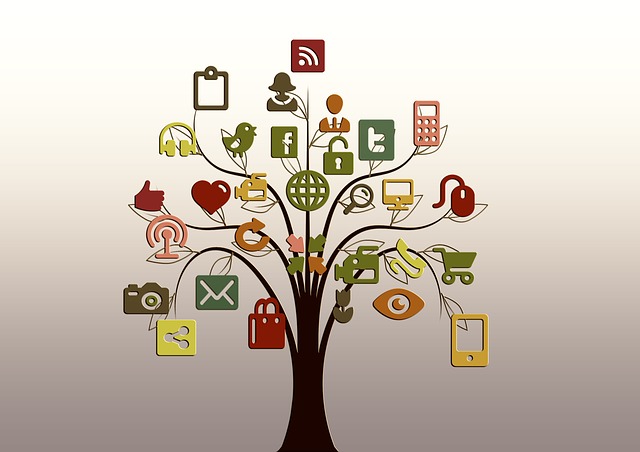Years ago, I joined LinkedIn because someone said it would be a crucial “networking” tool for my career. The Facebook of the workforce, as it were. And that was when I was just only beginning to realize the vapid futility of Facebook, so I took their advice, and have been receiving emails from LinkedIn ever since. The problem is that anyone who has ever engaged with LinkedIn for fifteen minutes and has even a shred of honesty left in their soul can immediately recognize the service as completely useless.
In my first weeks on LinkedIn, I
The bigger problem is that this is systematic of our culture: we’re all so happily playing pretend online that we dilute any sense of truth when we try to apply online activities to the physical world. We have “friends” and “colleagues”, we “support” causes and give “gifts” with neither longevity nor meaning, nor even the value of our time and considered thought in choosing them. As someone who spends much of every day focused on the world online, I’m only too aware that social media is the new God. Everything we build, every effort we make in the online world is marketed to it. We gauge the value of our ideas by it. We make or break businesses based on it. And yet, at the end of the day, it doesn’t measure real opinions, real values, or careful thought…it measures whether something had enough punch to grab our short attention spans for long enough to hit “share” or “like”.
Social media, in all its forms, measures exactly one thing: poor impulse control.
It doesn’t have to be this way; online interactions in no way are defined by being shallow or full of false premises. But if we’re going to save ourselves from this slippery slope of one-click approbation, we need to rethink the way we view and use social media. We need to stop pretending that a click is anything more than a momentary impulse, and come up with better metrics of gauging interest, support, and value. Systems that require processes of thought and time spent in reflection or analysis. Putting the effort into building those next-wave interactive online tools is well worth the rewards in our physical world processes, and possibly even in our own characters and storylines. Imagine if we had tools that actually capitalized on the wisdom of crowds, increased understanding and tolerance, and promoted empathy and careful thought.
Perhaps you think this sounds like a faerie tale, and perhaps it is. Perhaps I just never got over those early, star-struck days of the Internet, when we were all going to become one enormous, interconnected family, with hope, tolerance, and opportunity for all. Or something like that. But the possibility of building an online world that nurtures some of the better human traits is not ridiculous, nor even out of reach. We just have to stop looking for the fast solution, the one-click answer, long enough to craft a better set of tools.

2 thoughts on “The thin veneer of one-click approbation”
Comments are closed.